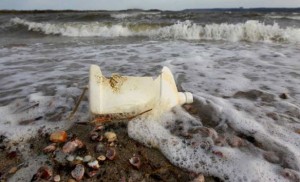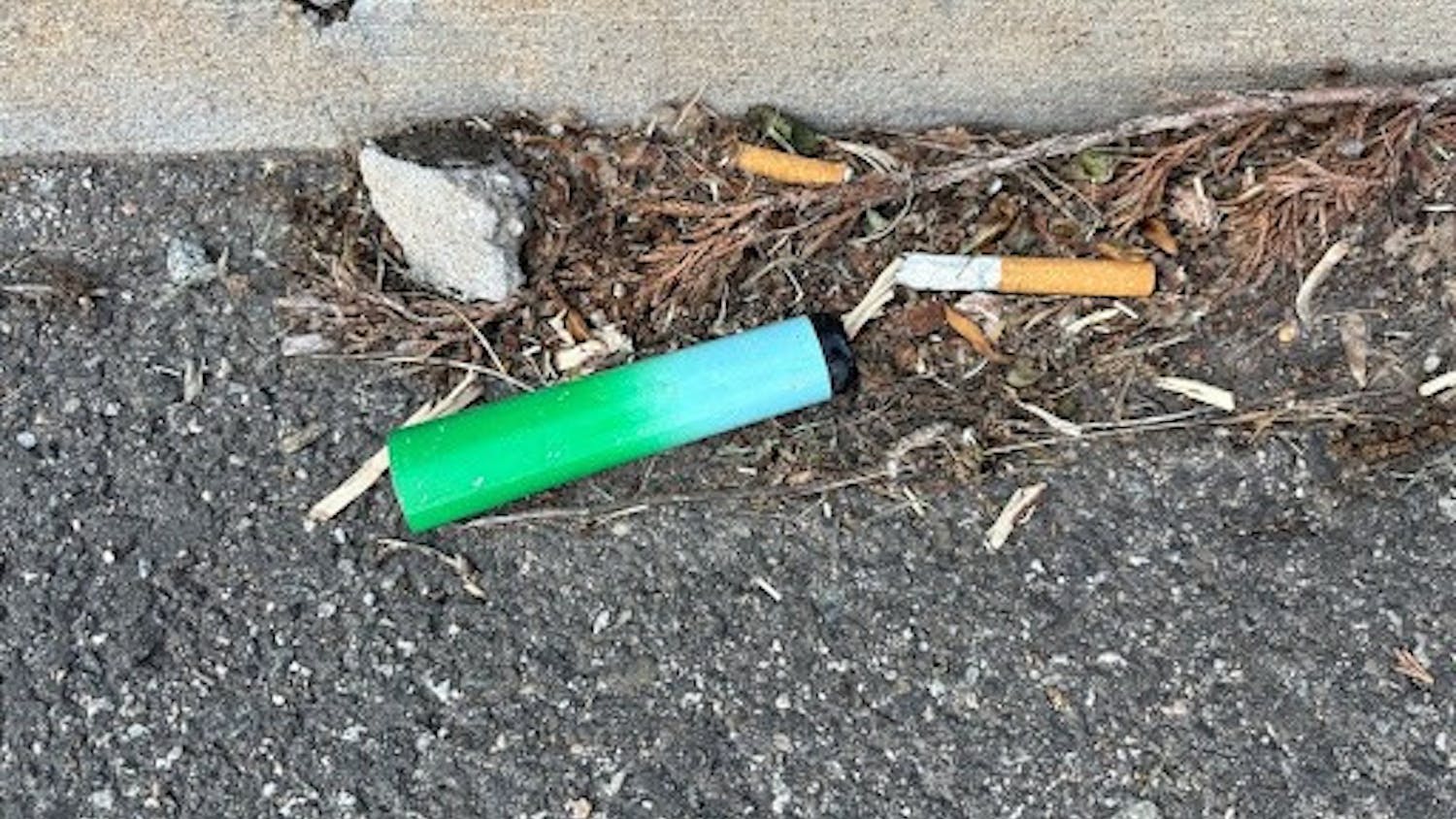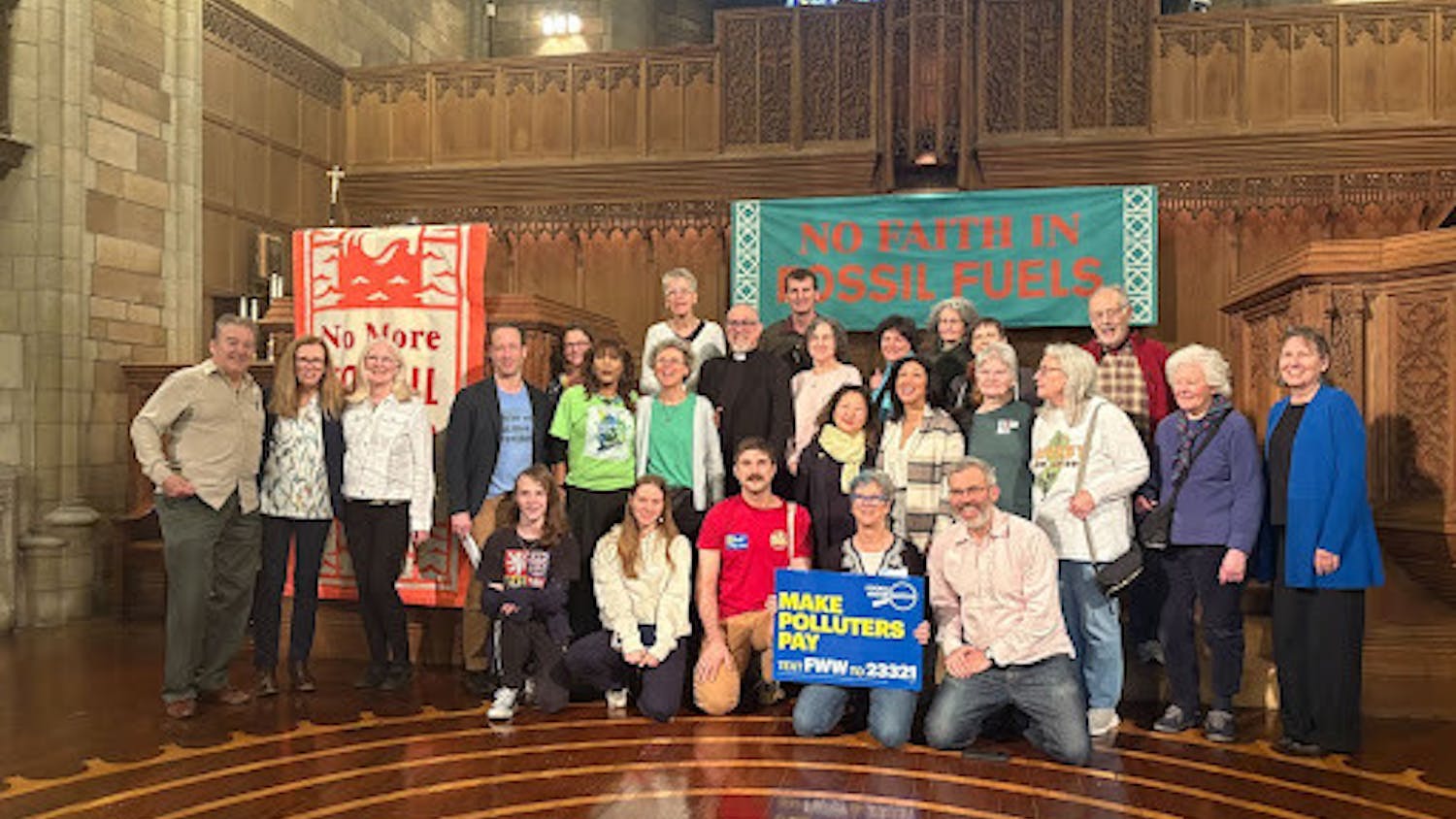By Sorraya Brashear-Evans
Columnist
Go Green. You see those two little words EVERYWHERE, from grocery stores to television commercials. It seems that everyone is obsessed with “going green.” But what exactly does it mean to “go green”? Does wearing that tiny green plastic bracelet really make you environmentally aware? Or are you just feeding into a marketing ploy set forth by corporations?
Over the past few decades, many big corporations such as Clorox, BP and numerous others have worked hard to present themselves as righteous environmental protectors who genuinely care for this planet, but have done nothing but swindle the general public into buying “organic and environmentally friendly” products that aren’t as true as they say they are.
Take Clorox for example; in 2007 they announced their acquisition of Burt’s Bees that caused an uproar with current Burt Bee’s customers. Clorox also owns Brita water filtration, Glad trash bags and food storage, ArmorAll cleaner, Hidden Valley Ranch and KC Masterpiece dressings and sauces. The company often has its motives and quality of products questioned. With the pressures of supplying the demand of the public, companies often cut corners to increase production without decreasing profit.

Social trends have proved big companies often spare little regard to the environment. In a 2009 article on OpEdNews, Rev. Bill McGinnis analyzed how exactly unregulated capitalism harms the country.
“Employees get paid to help the company make a profit, not to be a do-gooder for the general public. Just suppose a local manager decided to give away $1,000,000 of the company’s money to build a playground for the neighborhood children. ‘The kids need the playground!’ he says. Unless this playground were part of some coordinated Public Relations effort, intended ultimately to produce greater profit, the employee would probably be fired, and replaced by someone with a better profit-making attitude,” according to the article.
The answer to lessening your carbon footprint is NOT the purchase of more plastic paraphernalia to advertise how much you’re “all about” the planet, it’s reducing your amount of waste, getting the most out of what we have now and working to revitalize damaged land/ocean space.
Devil’s advocate moment: To what standard are we trying to restore the Earth? Humans have been altering this world since they arrived, so we honestly don’t know the “original” state of this planet. Because Earth is ever-changing, how do we even know our actions are seriously harming Earth? The truth is we don’t know the true “original” state of Earth — however, I’m pretty sure having plastic soda can binders pollute marine life and mining oil from beneath sedimentary rock that releases volatile chemical emissions into our atmosphere isn’t doing any good, either.
Reducing your intake of natural resources can be as simple as turning off the lights when you leave the room or taking shorter showers. With this semester winding down and the impending summer vacation within our grasp, it presents the perfect opportunity to transform not-so-friendly habits into those fit for an environmental warrior.
Try planting a garden: Growing your own food saves money on groceries, reduces the amount of pesticides that are normally ingested with the consumption of mass produced fruits/vegetables and reduces the amount of food waste.
Cutting energy consumption: With the warmer weather drawing near, many will flock to crank up the air conditioner and have it running at all hours of the day. Reducing the usage of your air conditioner to just during the heat of the day both cuts energy bills and the amount of chemicals needed to sustain the cooling agents.
Participate in beach cleanups: Who wouldn’t want to hang out at the beach all day? After putting in work cleaning up shorelines, why not reap the benefits and enjoy a cooling swim? Take a group of friends and have fun while bettering the environment! There are many beach cleanup services going on for Hurricane Sandy relief, so opportunities are easy to find.






